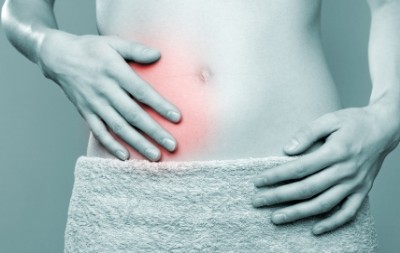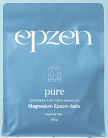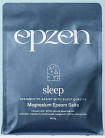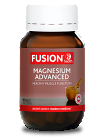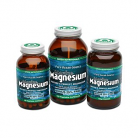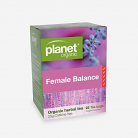Premenstrual Tension (PMT/PMS)
Premenstrual symptoms are a common complaint for many women; 85% of women will experience some form of premenstrual symptoms between menarche & menopause. Symptoms vary from physical pain, cramping and breast tenderness to fatigue, moodiness and sugar cravings. Many women notice they are more ‘cranky’ or ‘teary’ at this time of month.
There are five categories that premenstrual syndrome is divided into & depending on the category of symptoms, treatment options will vary accordingly:
| Category | Symptoms | Treatment |
| PMT - A (Anxiety) |
Irritability Moodiness Anxiety Nervous Tension |
Vitamin B6 Liver Support Probiotics Increase Dietary Fibre Passion Flower, Scullcap, St John's Wort, Withania |
| PMT - C (Cravings) |
Increases Appetite Cravings for sweet foods Headaches Fatigue Light headedness or dizziness Fainting |
Magnesium Chromium Protein at regular intervals throughout the day Cinnamon Gymnema Alpha Lipoic Acid |
| PMT - D (Depression) |
Depression Crying Insomnia or sleep disturbances Confusion or forgetfulness |
Tyrosine |
| PMT - P (Pain) |
Crampy Pains Decreased pain tolerance |
Magnesium Cramp Bark Evening Primrose Oil |
| PMT - H (Hyperhydration) |
Fluid retention Swelling Weight Gain Bloating Breast Tenderness |
Vitamin B6 Chaste Tree Vitamin E Avoid Coffee Liver support |
Research Updates - June 2011
Fukui, H et al (2011), ‘Psychological and neuroendocrinological effects of odor of saffron (Crocus sativus)’, Phytomedicine, In Press, Corrected Proof, Available online 15 January 2011.
The scent of the exotic spice saffron is used extensively in European, Middle Eastern and Asian cuisines. It has long been used in Persian medicine for depression, menstrual disorder, difficult labour, inflammation, vomiting, and throat diseases. However, this is the first scientific study to show use in PMS.
In the women in the trial, short-term exposure to the scent of saffron reduced cortisol and increased oestrogen levels. Lower cortisol, a stress hormone, suggests less stress and anxiety. As oestrogen drops are suggested as one contributor to PMS, higher levels of this hormone may partly counter this. The women also showed less anxiety on psychological testing.
This provides good evidence for the use of Saffron as a treatment for PMS, particularly the mood symptoms. Your Naturopath should be able to prescribe a good supplement with high quality Saffron extract.
Vive Health Naturopaths recommend the following products for PMT:
| Products | Suggested Dosage |
| 1. Herbs of Gold Glucoplex (60 Tabs) | 1 cap x 3 daily. |
| 2. Nutra LIfe Tyrosine 500 (50 Caps) | 2 Caps daily. |
| 3. Fusion Sleep (30 Tabs, 60 Tabs) | 1-2 tabs 1hour before bed |
| 4. Blooms Celery Seed and Juniper (70 Tabs) | Take 1 tab x 2 daily during the time of fluid retention. |
| 5. Thompson's Evening Primrose Oil (300 Caps) | 1 cap x 3 daily (with food). |
|
6. Herbs of Gold Omega 3 Concentrate (100 Caps, 200 Caps) OR |
3 caps x 2 daily. |
| 7. Ethical Nutrients Hi-Strength Fish Oil (170ml, 280ml) | 1 tsp x 2 daily |
NOTE: Consideration should always be given to individual requirements. Please consider seeing a qualified practitioner before commencing a new treatment protocol or when combining supplements with pharmaceutical medication.
For more information on PMS or to ask a Qualified Naturopath a question Click Here.

